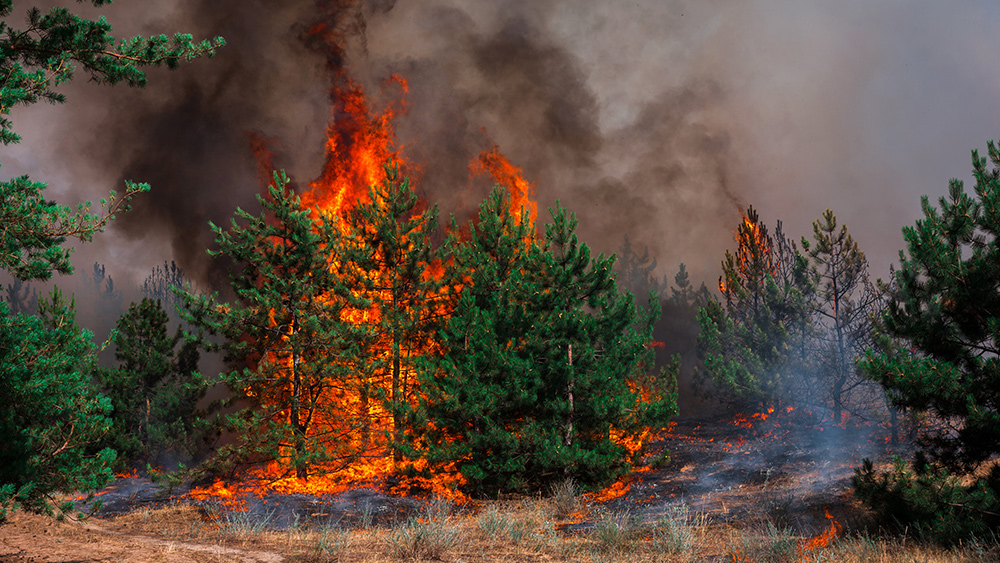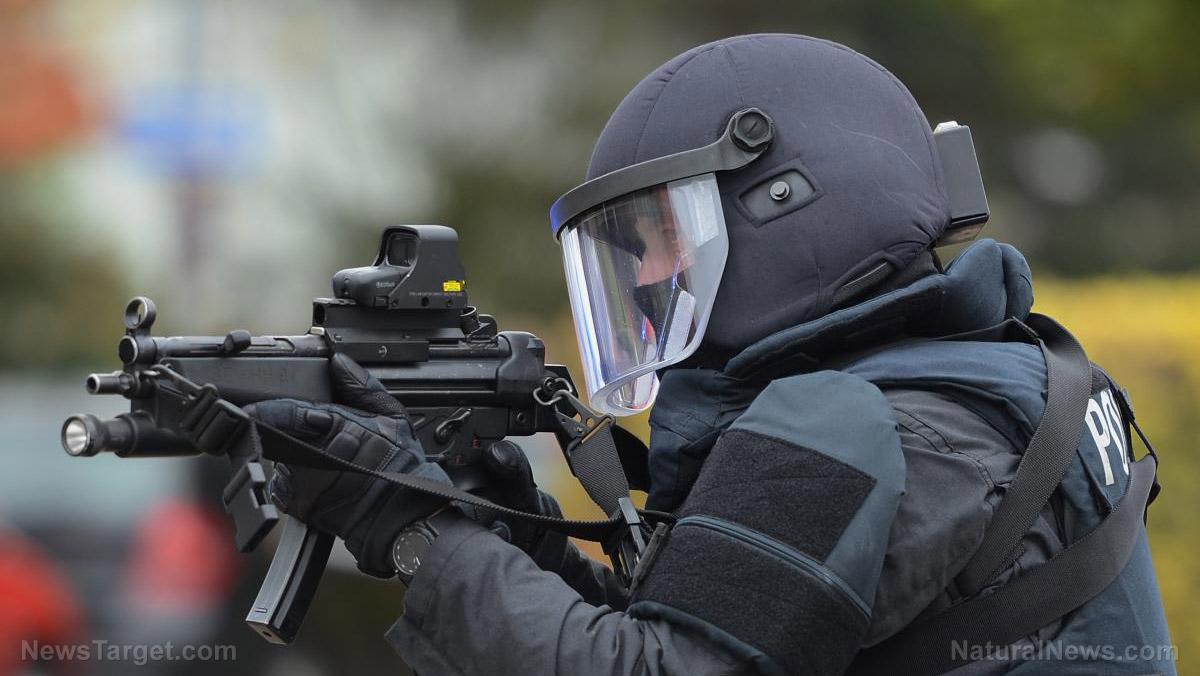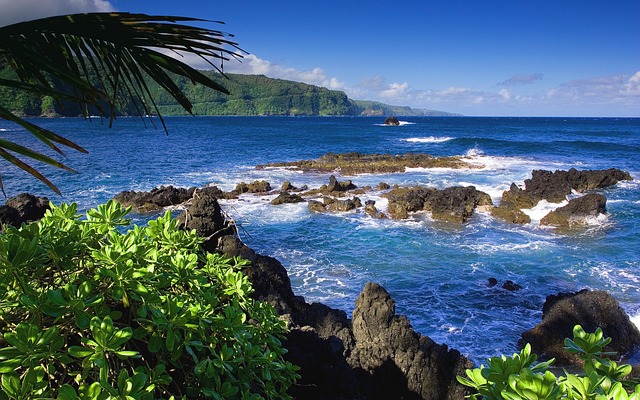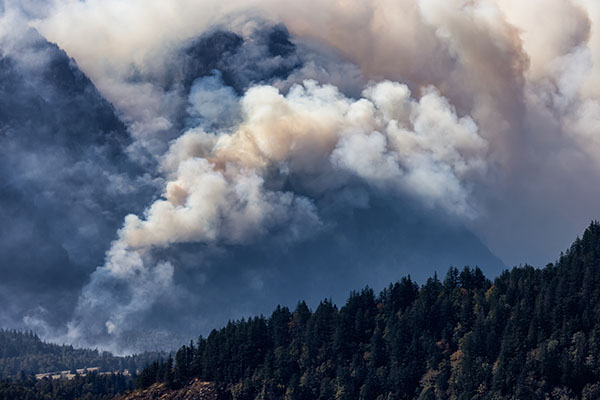Brushfires break out near Kaanapali resort area where many Lahaina wildfire victims are staying
08/31/2023 / By Richard Brown

Residents were forced to evacuate after brushfires swept through parts of Kaanapali, Hawaii on Aug. 26. But unlike the deadly wildfires on Aug. 8, authorities acted swiftly to end the emergency.
Using a helicopter from above and water cannons from the ground, firefighters doused flames in two hours, preventing further damage. There were no reported casualties.
The fire broke out at around 12:45 p.m. near the Kaanapali resort area where many of the wildfire victims from Lahaina are now staying.
By 2:45 p.m., a Maui County alert said “firefighters had stopped forward progress of the fire. No additional threats or evacuation order (sic) are in place.”
The brushfire, which affected four hectares of land, came just 18 days after deadly wildfires devastated Maui, leaving at least 115 dead and 2,207 structures either damaged or destroyed.
At least 2,170 acres of land were burned in the Maui inferno and an estimated $5.5 billion is needed to rebuild the areas damaged by fires, officials said. Three hundred individuals remain unaccounted for as authorities try to determine what triggered the wildfires.
“We don’t know what actually ignited the fires. But we were made aware in advance from the National Weather Service that we’re in a red-flag situation,” said Army Maj. Gen. Kenneth Hara.
Hara, who leads the Hawaii National Guard, said three factors set the stage for fire risks: months of drought, low humidity and high winds.
Authorities ignored warnings about fire threat of invasive grasses in Maui
The invasive grasses in Maui also posed a deadly fire threat, according to a report published in the Wall Street Journal.
Local fire officials in Lahaina, Hawaii, had long been concerned about invasive grasslands taking over abandoned sugar plantations above the ancestral capital. These grasses, highly flammable and responsible for previous blazes, raised fears among wildfire-prevention groups.
The accumulation of vegetation around Lahaina contributed to “catastrophic fire spread,” according to a preliminary analysis by the Insurance Institute for Business and Home Safety. Maui County filed a lawsuit alleging Hawaiian Electric equipment ignited the fire.
Reports and interviews suggest county and state authorities ignored warnings about the grasses for years.
Large landowners, including the state, an educational foundation and a developer, had little incentive to address the issue. Maui County data and property records revealed extensive overgrowth around Lahaina, but authorities took limited action. (Related: Maui wildfires continue to expose government’s FAILURES and QUESTIONABLE decisions.)
Reports spanning nearly a decade consistently warned about the grasses’ fire risk, with Maui’s fire department highlighting the dangers. Despite the warnings, wildfires fueled by overgrown vegetation occurred in 2018 and 2022.
Efforts to mitigate invasive grasses faced challenges due to limited resources, lack of penalties and fast regrowth. The complex issue involved large landowners like Kamehameha Schools and the state education agency.
Local and state government responses were insufficient, prompting the Hawaii Wildfire Management Organization to independently fund mitigation efforts.
The situation echoed challenges faced in other places like California, where wildfire prevention efforts only gained momentum after destructive fires. The catastrophe underscored the need for proactive vegetation management and collaborative efforts between authorities and landowners to mitigate fire risks.
Visit Disaster.news for more stories about the Maui wildfires.
Watch this video about the Lahaina wildfire disaster.
This video is from the InfoWarSSideBand channel on Brighteon.com.
More related stories:
Maui coverup: where in the world are all the children?
LAND GRAB: Hawaii government to confiscate lands burned by deadly Maui wildfires.
Hawaii state official deprived Lahaina of water to fight fires until devastation was complete – WHY?
Sources include:
Submit a correction >>
Tagged Under:
big government, brushfires, chaos, Collapse, dry grass, Ecology, environment, Hawaii, Hawaiian Electric, invasive grasses, Kaanapali, Lahaina, Maui, national security, natural disaster, outrage, panic, SHTF, traitors, wildfire
This article may contain statements that reflect the opinion of the author




















